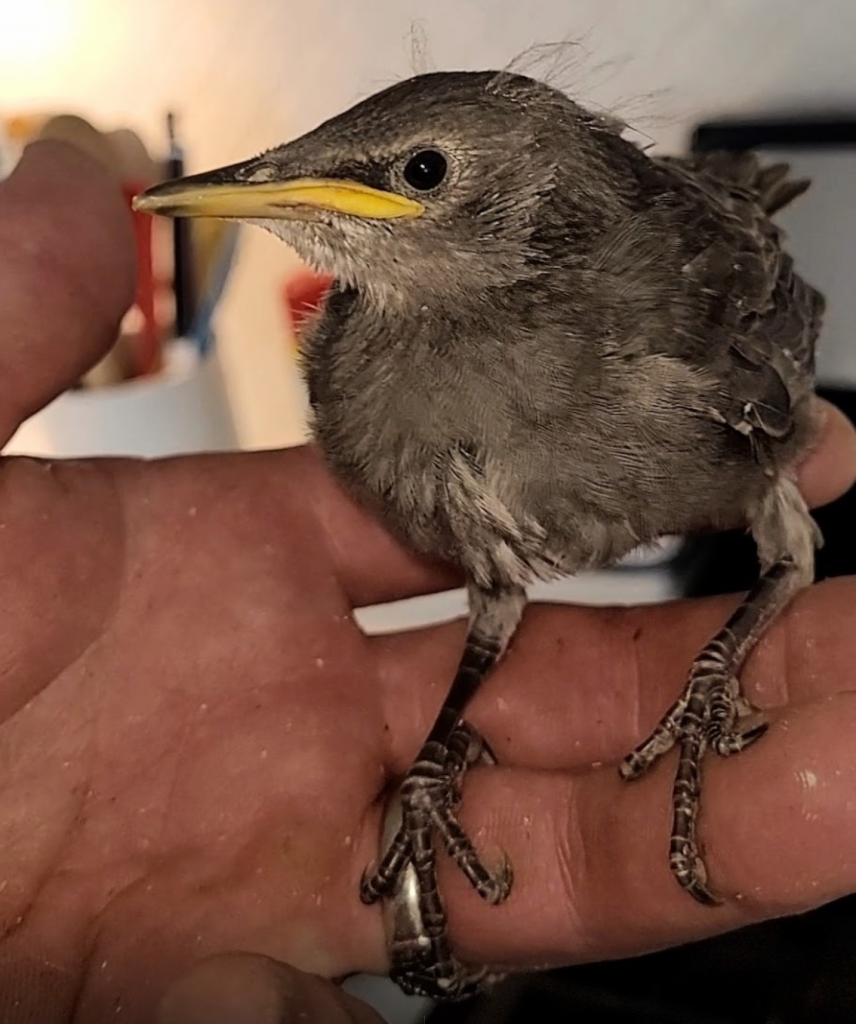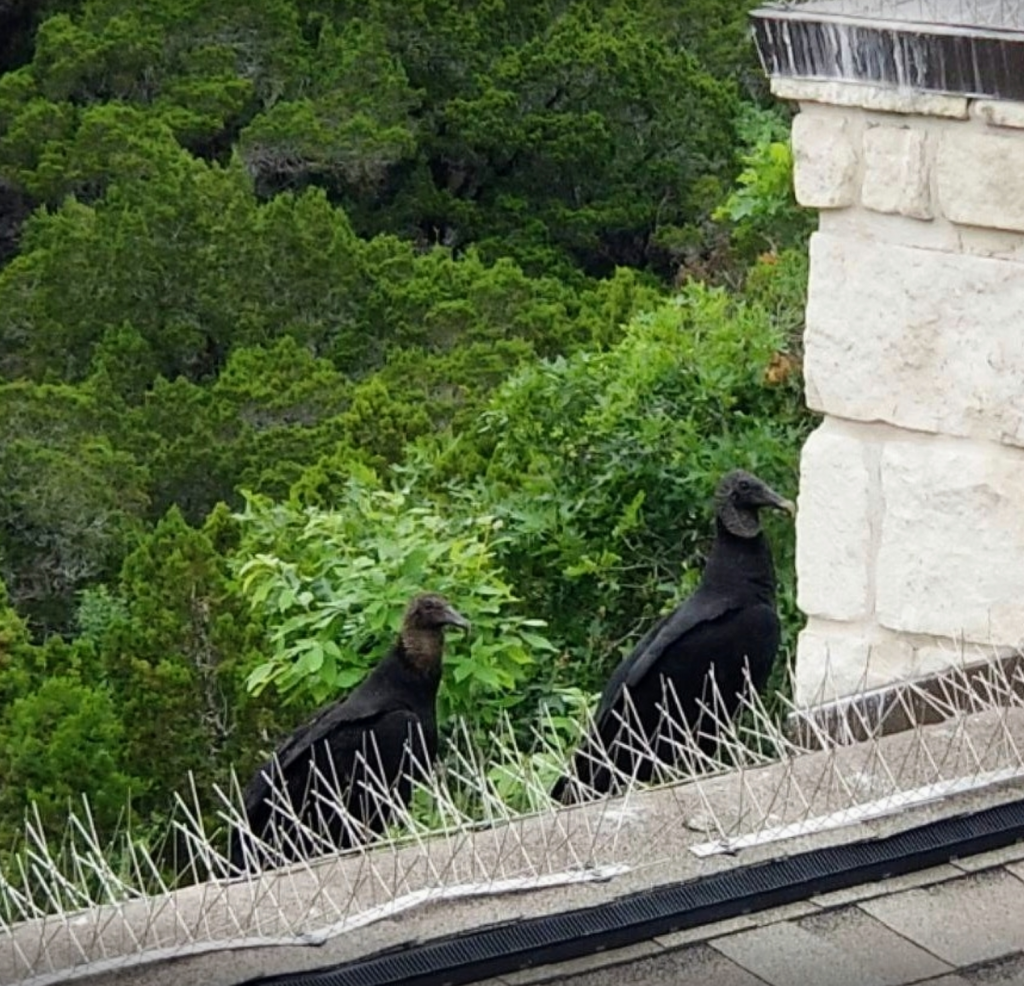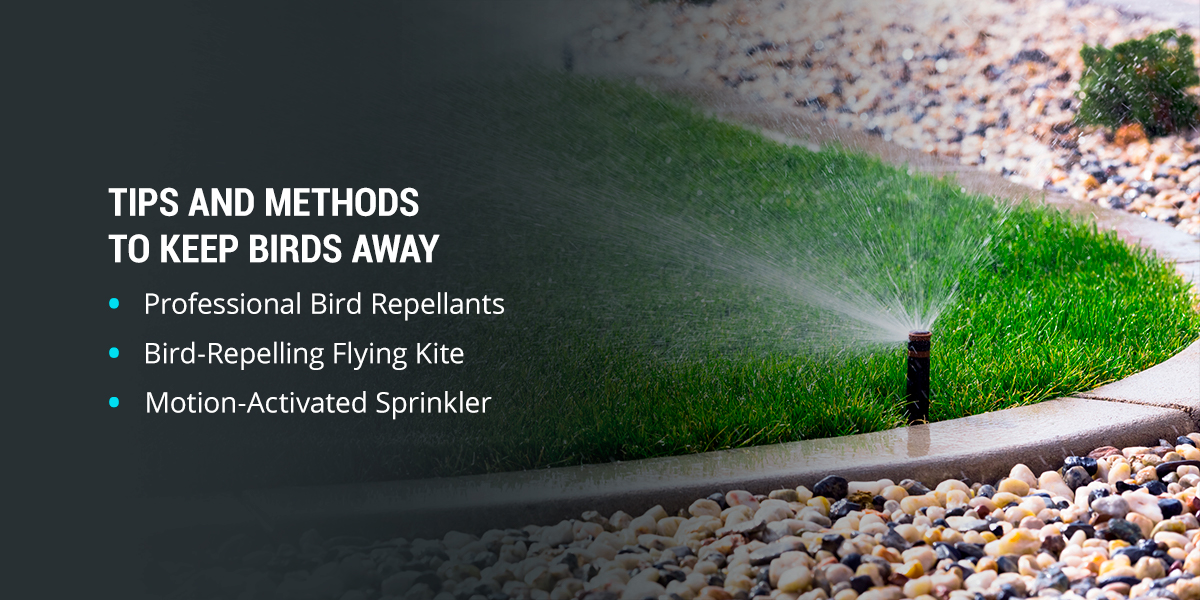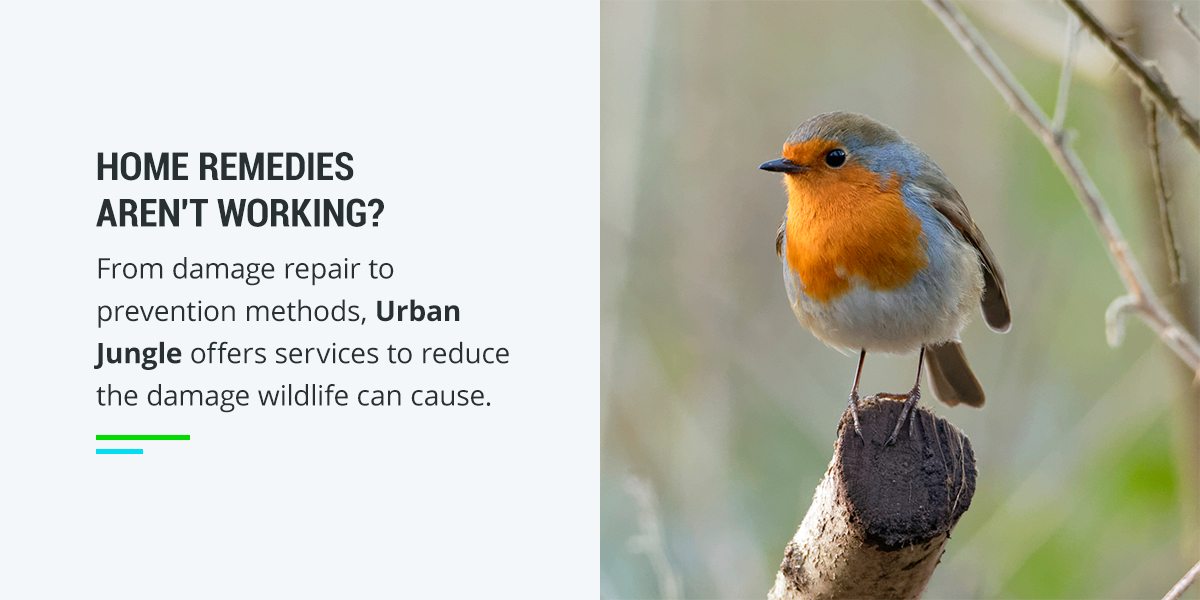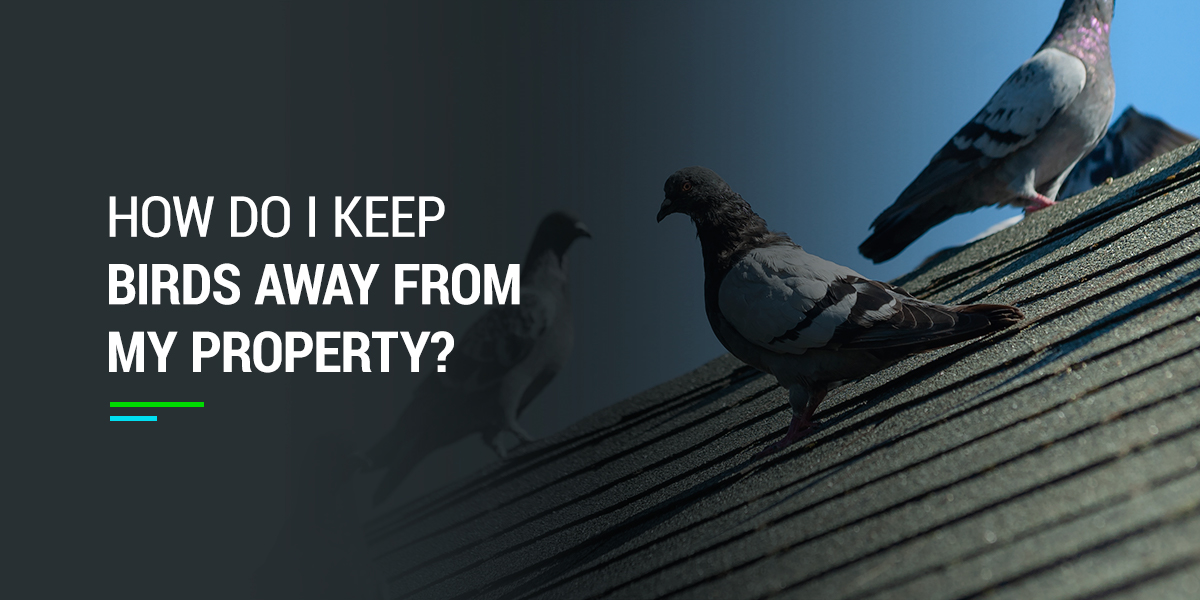
Although birds can be enjoyable to watch on a sunny day, they can become a real nuisance on your property. From property damage to health risks, birds can quickly become pests if they find resources on your property that they can use to survive. They enjoy feeding on bugs and fruits or vegetables from gardens, which means that healthy lawns can be very attractive.
There are ways to deter birds from your property without harming them. You can create a no-fly zone over your property with simple home remedies that safely repel birds without causing damage to your lawn or property.
Property Damage From Birds
One of the main reasons that many home and business owners aim to exclude birds from their property is the damage caused. Birds are looking for three things — food, shelter and a place to breed. If your home or facility offers any of these three key elements of survival, then birds may congregate there. If their quality of life improves by being on your property, then they are likely to stay for longer periods of time. There are four main places on your property where birds like to congregate.
1. Dumpsters and Trash
Birds appreciate dumpsters and trash bins because they offer an easy supply of food. When food is scarce, dumpsters and trash bins can be the only reliable source of nourishment. Non-native birds, like pigeons, often gather at dumpsters and trash bins where food is accessible. These sites also attract bugs, another food source for birds.
A rule of thumb in wildlife management is to remove the food source to remove the animal. You can avoid creating this attraction by securing your waste in bags and limiting the accessibility of food. Take the extra step of closing the lid to a dumpster or trash bin — this makes it even more difficult for birds and other animals to get into them. When they lose access to their food source, birds will relocate.
2. Roofs
Birds enjoy roosts because they offer a vantage point. If a food source is nearby, roofs are increasingly attractive for birds. However, birds can cause a lot of roof damage if they are allowed to stay for long periods of time. Their droppings are acidic, which can deteriorate roofing materials. Moreover, droppings can stimulate algae or moss growth on your roof.
Birds can drastically shorten the life of your roof. Deter birds from staying on your roof by doing regular maintenance. Fill holes or gaps in your roof where birds can potentially build nests. Ensure that water can’t pool on your roof, as these small ponds offer opportunities for drinking or bathing.
3. Gaps and Cracks
Birds enjoy gaps and cracks in structures that offer places to build a nest. This also applies to opportunities to enter a home, especially locations like a porch. Birds only require a small opening, so even gaps that seem inconsequential can be attractive to birds. You can keep birds away from your porch or other nooks and crannies by filling gaps.
You should also ensure that you keep doors closed. Birds especially like gaining entry indoors because they are well protected from predators. Enjoy the weather from your porch by opening a screened window instead of leaving your door propped open to avoid letting in bugs and birds.
Common Native vs Non-Native Bird Species
Native birds are protected by law, which means that it is illegal to kill them or damage their nests. Once a native bird has laid eggs, it is also illegal to harass or disturb the birds, until the young have fledged and left the nest. Native bird species like barn swallows, chimney swifts and house finches help pollinate plants, control pests and fertilize areas. There are distinct advantages to healthy native bird populations, but they can still cause damage when they inhabit unnatural areas, like roofs and in your home. Preventative measures can be used to prevent native species before they become a problem and begin nesting.
Non-native species are species that inhabit areas outside of their native ranges. Non-native birds like Muscovy ducks, pigeons, house sparrows and starlings are considered invasive species. Their activity in an ecosystem can cause economic and environmental harm. They compete with the native birds in an area, taking valuable resources.
How to Keep Birds Away From Your House
There are ways to deter birds from your property without causing them harm, and these methods are often quite effective. Here are three ways to exclude birds from your property and avoid damages.
1. Smells
A low-cost way to keep birds away from your home or property is through scent. Smells that humans enjoy are sometimes repulsive for birds. Professional bird repellants may be effective (depending on the species and location)0, as they use a bitter and pungent substance that smells like grape juice to us. These bird deterrents are used in commercially grown crops to keep birds away from the products.
One home remedy to keep birds away is by creating a spray of natural substances that birds dislike. Products like garlic, peppermint oil and the oils from various types of peppers, like cayenne and chili peppers, are all effective against birds without putting them at risk. Paired with water and vinegar, these products can be combined into a spray bottle. This allows you to apply the smell directly to the areas where birds enjoy hanging out. Sprays are typically only effective for the areas directly sprayed and work best on crops or areas they birds may be feeding. Some species are less sensitive to odors than others, so do not be surprised if certain species are not deterred.
2. Decoys
Keep birds far from your property by scaring them away with a decoy before they ever land. Set up a bird-repelling flying kite on a windy day to repel birds from your yard. With a large, unfamiliar flying object protecting your property, some birds may turn the other way. You can set these up from your mailbox, fence or even car as long as you secure them.
Scarecrows may also be effective for startling birds. If you make them believe that your property is home to a predator, then they will find somewhere else to roost or stay. So if you’re wondering how to keep birds away from the porch, an owl or cat decoy is a possible option for this type of deterrent. Ensure that the decoy is colored realistically, appropriately sized and three-dimensional. Birds have great vision, so while decoys might work initially, they will likely not remain effective for long.
3. Motion-Activated Sprinkler
Although birds are attracted to water sources, they also fly away at the first sign of danger. A motion-activated sprinkler only turns on when it senses movement. This means that the water source would be inconsistent enough that it wouldn’t attract birds in the first place. This method keeps birds away by scaring them without causing any harm, making it extremely effective.
Home Remedies Aren’t Working? 
If you feel like you’ve tried every home remedy but still find property damage from birds, then it may be time to bring in a professional. The Bird Barrier-certified professionals at Urban Jungle Wildlife Removal are well-trained to help exclude birds from your property without damaging the wildlife. Their services offer short-term removal as well as long-term protection from unwanted wildlife on your property. Their careful work ethically removes birds and unwanted wildlife from your home and property. From damage repair to prevention methods, Urban Jungle offers services to reduce the damage wildlife can cause. You can contact them through their website to find more information about how to deter animals from damaging your property.

